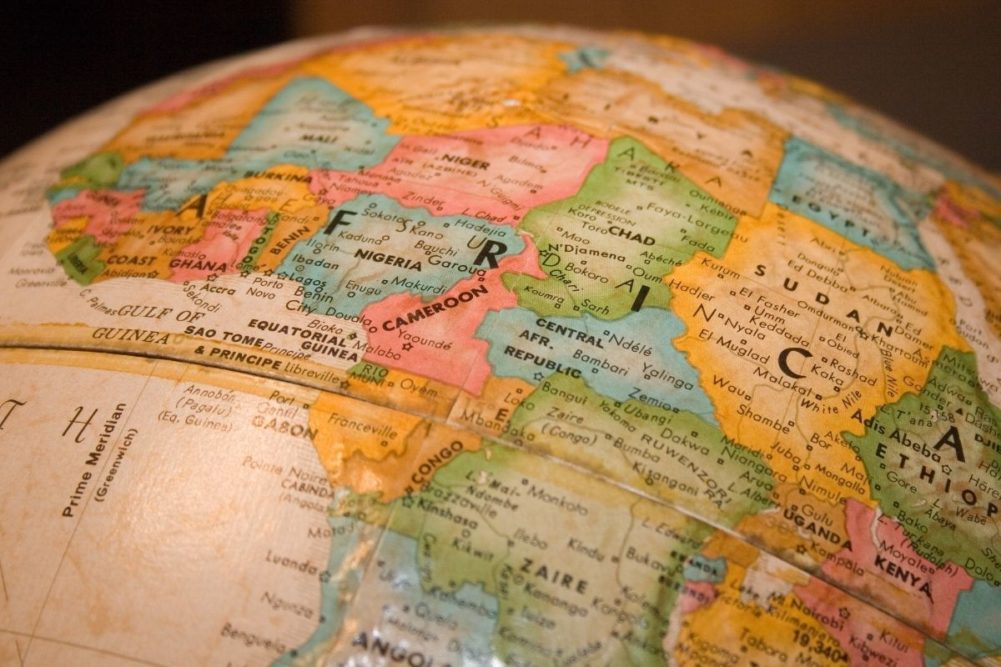WASHINGTON, DC, US — While Africa’s production of cereal crops such as wheat and rice has been boosted in recent years, the continent must meet the challenges of an approaching food crisis made worse by the war in Ukraine, the Atlantic Council’s Africa Center was told on April 22.
African Development Bank Group President Dr. Akinwumi Adesina, speaking as a guest of the Washington, DC, US-based think tank, called for an increased sense of urgency amid what he described as a once-in-a-century convergence of global challenges for Africa, including a looming food crisis. The continent’s most vulnerable countries have been hit hardest by conflict, climate change and the COVID-19 pandemic, which upended economic and development progress in Africa.
Adesina said the ramifications of Russia’s invasion of Ukraine on Feb. 24 spread far beyond the conflict to other parts of the world, including Africa. Russia and Ukraine supply almost 30% of global wheat exports, and the price has surged nearly 50% globally, reaching levels reminiscent of the 2008 global food crisis.
Adesina said the tripling of fertilizer costs, rising energy price and rising costs of food baskets, could worsen in Africa in the coming months. He noted wheat made up 90% of Russia’s $4 billion in exports to Africa in 2020, and of Ukraine’s nearly $3 billion in exports to the continent, 48% was wheat and 31% was maize.
Adesina said Africa must rapidly expand its production to meet food security challenges.
“The African Development Bank is already active in mitigating the effects of a food crisis through the African Food Crisis Response and Emergency Facility, a dedicated facility being considered by the bank to provide African countries with the resources needed to raise local food production and procure fertilizer,” Adesina said. “My basic principle is that Africa should not be begging. We must solve our own challenges ourselves without depending on others…”
The bank chief spoke about early successes through the African Development Bank’s innovative flagship initiative, Technologies for African Agricultural Transformation (TAAT) program, which operates across nine food commodities in more than 30 African countries. TAAT has helped to rapidly boost food production at scale on the continent, including the production of wheat, rice and other cereal crops.
“We are putting our money where our mouth is,” Adesina said. “We are producing more and more of our own food. Our Africa Emergency Food Production Plan will produce 38 million metric tons of food.”
He said TAAT already had delivered “heat-tolerant varieties of wheat to 1.8 million farmers in seven countries, increasing wheat production by over 1.4 million metric tons and a value of $291 million.” He added that during the drought in southern Africa in 2018 and 2019, TATT was able to help deploy heat-tolerant maize varieties which were cultivated by 5.2 million households on 841,000 hectares






